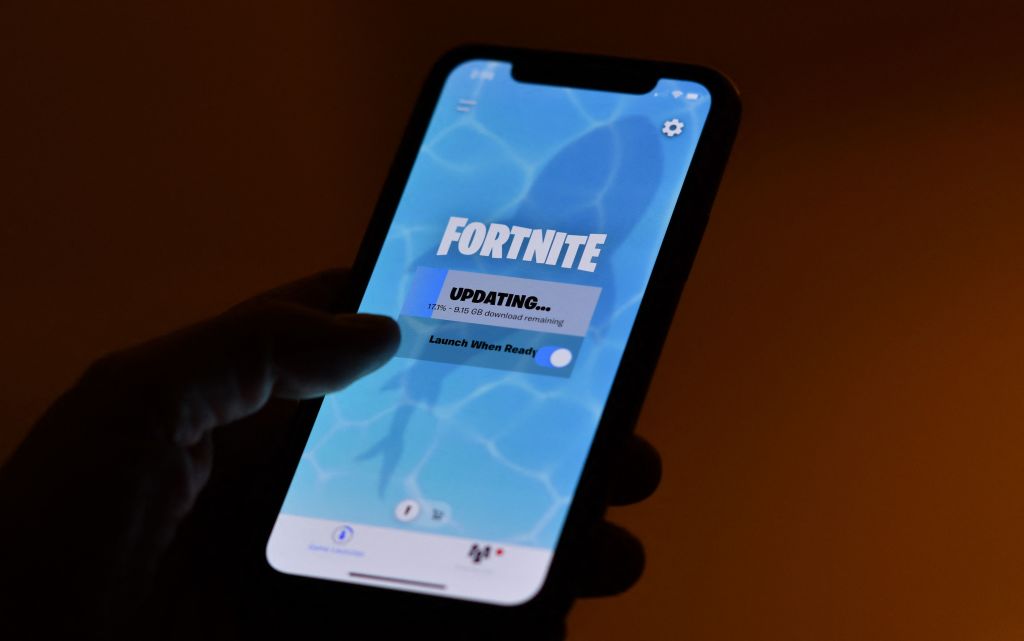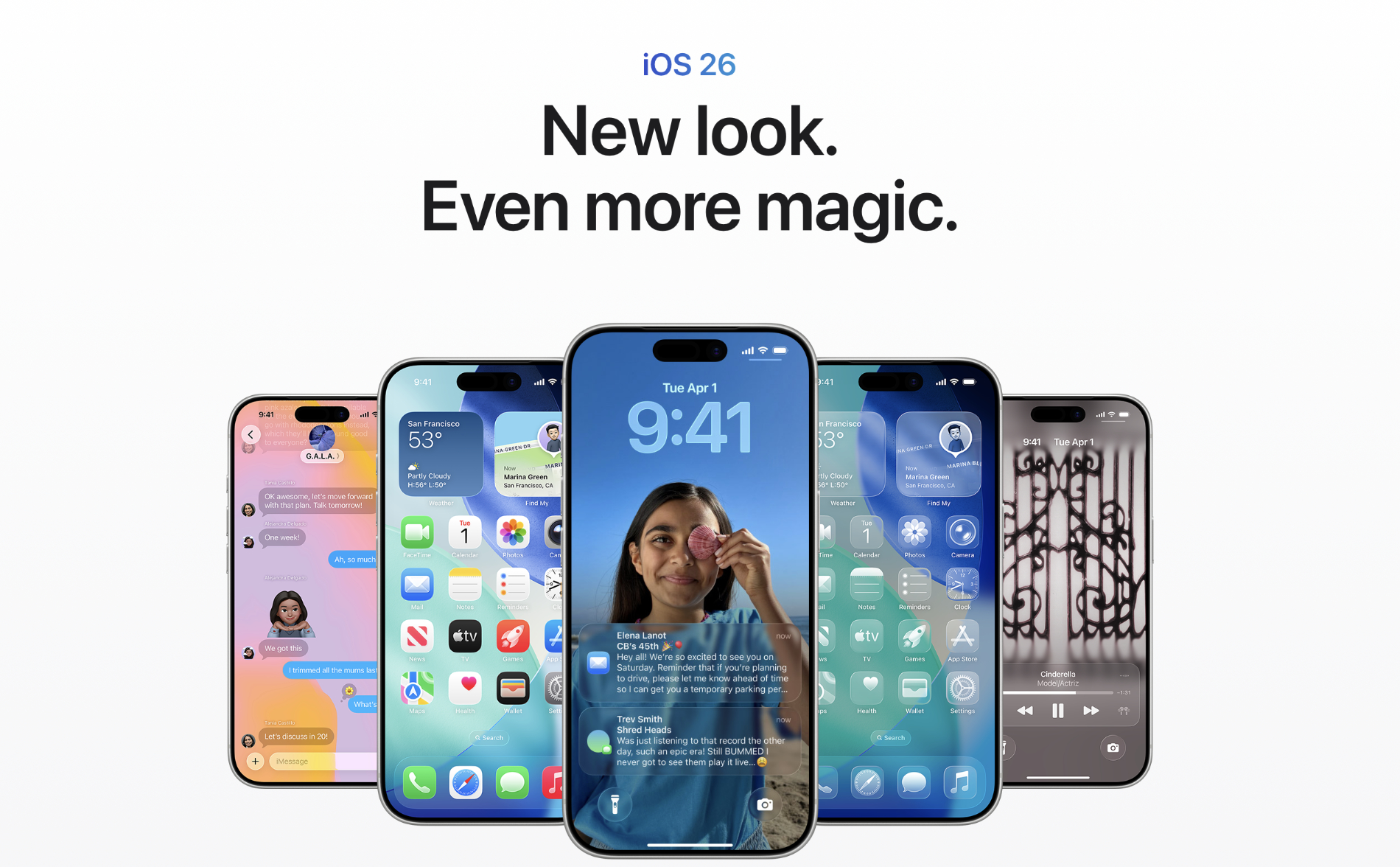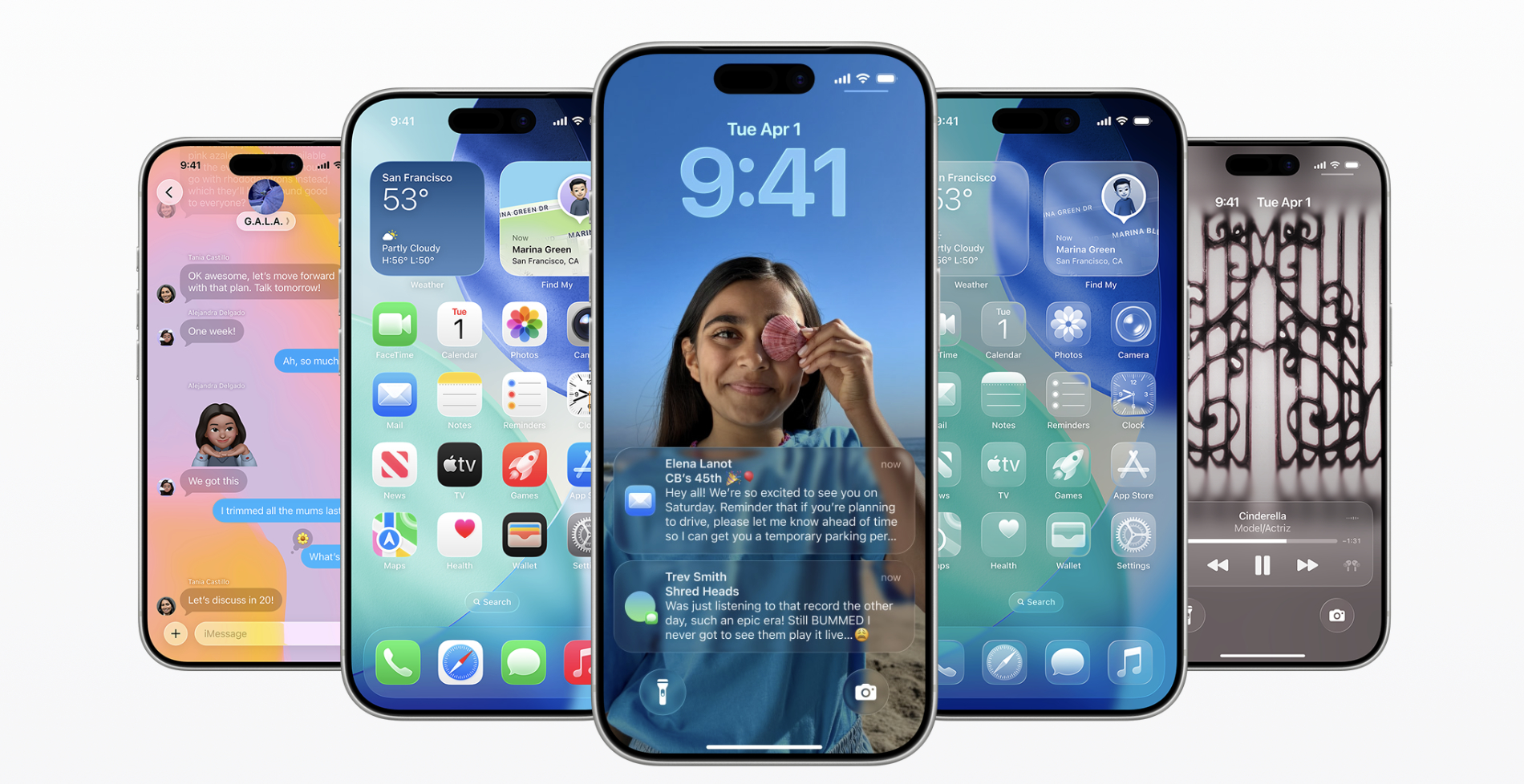
Fortnite maker Epic Games has hit a stumbling block in its plans to bring the company’s alternative app store, the Epic Games Store, to the EU. As now permitted by the EU’s Digital Markets Act (DMA), Epic Games announced earlier this year it planned to bring both the digital storefront and its flagship game, Fortnite, back to iOS in Europe. Now, Epic says Apple has rejected its submission twice over concerns that its Games Store looked too much like the App Store.
According to posts on X, Epic Games says Apple has rejected its submission over details like the position of its “Install” button for games, which Apple said is too similar to its own “Get” button. It also said that it was rejected for its “in-app purchase” label being too much like Apple’s label, as well.
Epic argues that it’s using the same naming conventions that are standard across popular app stores on other platforms.
The company called the rejection “arbitrary, obstructive, and in violation of the DMA,” and said it has shared its concerns with the European Commission.
The case with Epic represents a high-profile example of how stringent Apple will be with the new rules that permit third-party app stores on iOS for the first time. Excessive rejections could also dissuade other developers who were interested in testing the waters with their own distribution channels.
Apple responded to Epic Games’ post by noting that it’s trying to help the company get its Marketplace Iive, and that under Section 2.3 (G) of its developer agreement, Epic Games agreed to not make its Marketplace appear confusingly similar to the App Store. Apple says that Epic has generally followed this guideline, except for the design and copy of the download button.
Apple also noted that Epic Games’ Fortnite app has already been approved.
Under the DMA’s new rules, Apple is required to allow third-party app stores on the iPhone as the tech giant was deemed a “gatekeeper” under EU law. App developers can also switch to a set of new DMA rules that allow them to reduce commissions on in-app purchases on the App Store, though the process still involves fees under a complicated new structure that has developers paying Apple for the use of its technology instead.
Epic has been battling Apple for years for a means of reaching its customers on the iPhone without having to pay commissions on in-app purchases. The company took the case to the courts in the U.S., where it ultimately lost on most fronts, having failed to prove Apple was a monopolist. But Epic’s continued complaints saw Apple briefly terminating the game maker’s developer account in the EU, before EU regulators again stepped in. Since then, Epic Games has vowed to launch Fortnite on iOS and iPad in the EU and bring its Games Store to the market.






